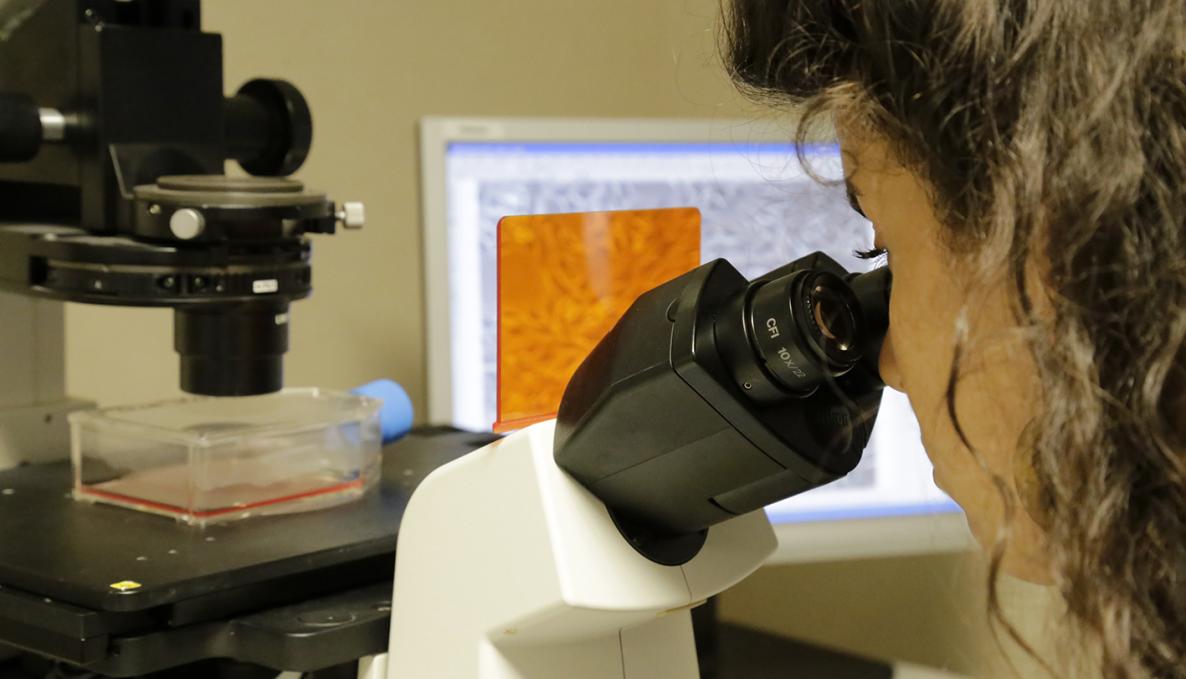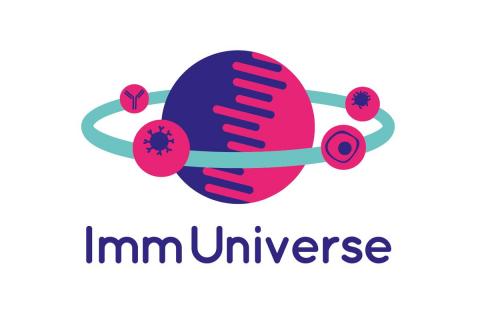NEW EU RESEARCH PROJECT IMMUNIVERSE: TRANSFORMING DIAGNOSIS AND THERAPY OF IMMUNE-MEDIATED DISEASES

By looking into the common disease mechanisms of Ulcerative Colitis and Atopic Dermatitis, the 26 European partners collaborating in the new research project ImmUniverse aim at improving diagnostic and therapeutic options for patients living with these conditions. Through molecular profiling techniques, the team will identify signatures of biomarkers and mechanistic principles which reveal information on disease severity and progression enabling personalized therapy decisions for each patient at the right time. The project will run for a period of five years with a total budget of EUR 31 million provided by the Innovative Medicines Initiative (IMI 2), a Joint Undertaking of the European Union and the European Federation of Pharmaceutical Industries and Associations (EFPIA). Of the total budget, 50% is contributed by the EFPIA partners and 50% by the EU.
Immune-mediated inflammatory diseases (IMIDs) are an increasing medical burden in industrialized countries worldwide. They are characterized by an enormous heterogeneity with regard to disease outcome and response to targeted therapies, which often cannot be adequately tailored to individual patients. Hence, an in-depth understanding of this heterogeneity and the biomarkers which predict disease control and therapy response over time are important prerequisites for future precision medicine strategies in IMIDs. The pathogenic components (“omics”) responsible for the disease outcome in each individual patient, i.e. environment, genes, gut microbiota or the immune system, are remarkably multifactorial, with thousands of constituents all interacting with and impacting on each other.
ImmUniverse has been formed as a European transdisciplinary consortium to tackle these unmet needs and pave the way towards a truly personalized disease understanding of two different IMIDs: Ulcerative Colitis and Atopic Dermatitis. Following a unique cross-disease approach, the multinational project will fill the gap and address the limitations of current studies by systematically comparing the complex interactions between recirculating immune cells and the respective tissue microenvironment. The novel, circulating biomarker assays are expected to
- improve diagnosis
- inform about disease severity and progression early in the clinical course, and
- enable treatment response and remission monitoring.
To this end, the ImmUniverse research team will employ state-of-the-art multi-omics profiling technologies, including single-cell RNA sequencing, metabolomics and advanced data management and bioinformatics pipelines.
“Unlike previous studies in the field, we will specifically compare signatures from the same individual over time, capturing the full range of disease activity. We expect this approach to provide us with valuable insights into the interaction between the factors affecting disease progression and therapy response”, says Professor Silvio Danese, Professor of Gastroenterology at Humanitas University in Milan, Italy, and Scientific Coordinator of the project.
The project team comprises 16 academic partners, led by Humanitas University, five industrial project partners, co-led by GlaxoSmithKline (GSK) and Sanofi, as well as two small and medium-sized enterprises. The BioRobotics Institute of Sant'Anna School is part of the project thanks to the research team led by Leonardo Ricotti. His lab will develop ultrasonic stimulation technologies and a software model. This system will allow to perform a "wireless biopsy" (non-invasive) taking advantage of ultrasound.
"Over the past two to three years, we have developed highly controlled low-intensity ultrasonic stimulation technologies that effectively promote therapeutic effects on cells and tissues. The ImmUniverse project is a unique opportunity to apply this knowledge in an ambitious clinical context, thanks to the interaction with Humanitas University and other international clinical partners", declares Leonardo Ricotti.
This includes IMID-experienced clinicians and drug developers, basic immunologists, bioinformaticians as well as biotechnology and clinical development experts. Many of the partners have been involved in defining both European and international standards for interdisciplinary clinical care for IMIDs patients, with the intent to facilitate the transfer of high-quality clinical data and biomaterials into clinical research. Furthermore, the consortium is complemented by three European patient organisations to ensure efficient dialogue and a continuous focus on the actual needs of patients living with Ulcerative Colitis and Atopic Dermatitis.
ImmUniverse is funded by the Innovative Medicines Initiative 2 Joint Undertaking with in-kind contributions of the participating pharmaceutical companies.




